6 Reasons Regular Grease Trap Cleaning is Essential
The significance of maintaining commercial kitchen equipment cannot be understated, particularly regarding grease traps. Routine cleaning of grease traps is vital for the smooth operation of any establishment that deals with food preparation. This article explores various reasons why regular grease trap cleaning is essential for businesses.
1. Preventing Blockages and Overflows
Grease traps are essential devices that intercept fats, oils, and grease before they enter wastewater systems. In commercial kitchens, where large volumes of grease are generated daily, a properly functioning grease trap is indispensable. By separating grease from water, these traps prevent clogs and maintain smooth drainage. The design takes advantage of the fact that grease is lighter than water, allowing it to float to the surface where it can be effectively contained.
If grease traps are neglected, fats and solids can accumulate, causing blockages. Over time, hardened grease can obstruct pipes, leading to unsanitary overflows in kitchens. These conditions not only disrupt operations but also create potential health hazards. Accumulated grease becomes a breeding ground for bacteria and unpleasant odors, which can impact both staff and customer experiences.
Early detection of grease trap blockages is critical. Signs include slow drainage, gurgling or bubbling in pipes, and noticeable odors near sinks or dishwashers. Overflowing waste is a serious indicator of imminent failure. Recognizing these symptoms promptly allows businesses to address issues before they escalate. Regular inspections help maintain operational efficiency and prevent emergencies.
Scheduled cleaning of grease traps keeps wastewater flowing smoothly and prevents grease from reaching critical levels. According to the Certified Commercial Property Inspectors Association, industry guidelines recommend cleaning grease traps once grease occupies roughly a quarter of the trap’s total volume, leaving the remaining portion mostly water. Consistent maintenance ensures optimal kitchen operation and reduces the risk of costly downtime.
Neglecting grease trap maintenance can result in costly kitchen shutdowns. Blocked systems may cause backflows, requiring urgent repairs and halting service. Businesses face lost revenue, emergency plumbing expenses, and potential customer dissatisfaction. Regular cleaning mitigates these risks, allowing operations to continue seamlessly and financial resources to be preserved.
2. Maintaining Hygiene and Safety Standards
Accumulated grease fosters anaerobic bacteria that emit unpleasant odors throughout the kitchen. These smells can disrupt staff productivity and negatively affect customer perception. Maintaining a clean grease trap eliminates these odors, creating a more comfortable and sanitary work environment. Regular cleaning demonstrates a commitment to both hygiene and employee well-being.
Clogged or overflowing grease traps pose health risks by promoting bacterial growth and attracting pests. Contaminated wastewater can affect food preparation areas, increasing the likelihood of foodborne illnesses. Clean grease traps prevent these hazards, ensuring a safe environment for staff and patrons. Preventive maintenance is a critical component of health and safety compliance.
Commercial kitchens are required by health regulations to maintain clean and functional grease traps. Non-compliance can result in fines or forced closures. Routine inspections and cleaning demonstrate adherence to legal standards, protecting the business's reputation and operational continuity. Following these regulations ensures ongoing trust from both authorities and customers.
A well-maintained grease trap fosters a healthier and more pleasant environment. By reducing odors and unsanitary conditions, businesses create a space where employees can work efficiently and customers can enjoy their meals without concern. Prioritizing grease trap upkeep underscores a commitment to the health and comfort of everyone in the establishment.
3. Environmental Considerations
Fats, oils, and grease (FOG) can severely impact municipal sewage systems if not properly managed. When these substances enter wastewater pipes, they can solidify and cause blockages. Clean grease traps ensure FOG is intercepted and disposed of correctly, preventing sewer overflows and environmental hazards. Responsible grease trap management reduces the burden on public wastewater infrastructure.
Without proper grease trap maintenance, FOG can enter waterways, harming aquatic life and ecosystems. Regular cleaning captures these pollutants before they reach the environment, mitigating ecological impact. Businesses adopting routine grease trap care play a vital role in preserving natural resources and promoting sustainable practices.
Using biodegradable cleaning agents and environmentally conscious techniques in grease trap maintenance reduces harmful chemical discharge. Eco-friendly practices help businesses align with sustainability goals and consumer expectations. Implementing these strategies reinforces a commitment to protecting the environment while maintaining operational efficiency.
Routine grease trap maintenance is a key aspect of sustainable business operations. By preventing FOG-related issues and extending equipment longevity, businesses promote efficiency and environmental responsibility. Sustainable practices improve public perception and customer loyalty, while showcasing dedication to long-term operational resilience.
4. Longevity and Durability of Equipment
Fats, oils, and solids can gradually wear down grease trap components. Parts like baffles and covers are particularly vulnerable to damage from grease accumulation. Regular cleaning reduces strain and prevents premature deterioration, extending the lifespan of the equipment. Routine inspections help identify early signs of wear, allowing timely repairs.
Accumulated waste can lead to corrosion, compromising the integrity of the trap. Leaks and malfunction may result if corrosion is left unchecked. Regular cleaning prevents corrosive damage, safeguarding both equipment and plumbing infrastructure. Proactive maintenance avoids expensive repairs and replacements.
Routine inspections alongside cleaning identify potential issues such as minor blockages or corrosion before they escalate. This proactive approach ensures operational continuity and prevents unexpected disruptions. Maintaining a consistent cleaning and inspection schedule preserves the functionality and efficiency of grease traps.
Grease trap maintenance protects the substantial investments in commercial kitchen equipment. Adequate upkeep extends equipment lifespan, reduces replacement costs, and ensures smooth operations. Businesses that prioritize grease trap care safeguard their assets, demonstrating both financial prudence and operational responsibility.
5. Financial Benefits
Neglected grease traps often result in expensive emergency repairs. Unplanned interventions can disrupt kitchen operations and revenue. Regular cleaning mitigates these risks by maintaining system functionality and catching issues early. Preventive maintenance provides substantial cost savings compared to reactive repairs.
Clean grease traps enhance kitchen efficiency by ensuring smooth wastewater flow. Reduced blockages lower downtime and optimize equipment performance, leading to operational cost savings. Efficient systems also consume less energy, further decreasing expenses. Maintaining traps supports both financial and operational efficiency.
Insurance providers favor businesses that demonstrate diligent maintenance practices. Regular grease trap care reduces risk, which may lead to lower premiums and fewer claims. Maintaining a clean and functional system supports a responsible business image and potential financial benefits in insurance costs.
Incorporating regular grease trap maintenance into financial planning promotes sustainability and stability. Budgeting for routine upkeep prevents costly emergencies and protects business assets. Proactive maintenance fosters resilience, ensuring that businesses remain financially prepared for operational demands.
6. Best Practices for Grease Trap Cleaning
Cleaning schedules depend on the volume and type of establishment. High-traffic kitchens may require cleaning every one to three months, while smaller operations might schedule quarterly. Following industry guidelines ensures that grease traps operate efficiently and prevents excessive accumulation.
While some businesses may attempt DIY grease trap cleaning, professional services provide comprehensive maintenance and inspections. Professionals possess the expertise and tools to handle complex systems effectively, ensuring compliance with regulations and thorough cleaning. Engaging professional services maximizes system efficiency and reliability.
Effective grease trap cleaning requires appropriate tools and methods. Accessing buildup materials with the proper scooping tools prevents direct contact, while suitable degreasers and hot water assist in removing stubborn residue. Proper techniques ensure the trap functions optimally and meets hygiene standards.
Staff training enhances routine grease trap maintenance. Educating personnel on cleaning methods and early blockage detection supports operational efficiency. Training ensures accountability and seamless integration of maintenance into daily tasks, reinforcing the importance of regular care.
Keeping detailed records of grease trap maintenance promotes accountability and regulatory compliance. Documentation of cleaning dates, methods, and conditions helps forecast future maintenance needs and prevent overflows. Maintaining records demonstrates diligence and supports a proactive approach to system management.
Regular grease trap cleaning is not just a regulatory necessity but a crucial aspect of maintaining an efficient, safe, and sustainable business operation. By adhering to best practices and understanding the broad benefits of regular maintenance, businesses can ensure smooth operations, financial savings, and a commitment to environmental stewardship. Contact Helgerson's Environmental today for quality grease trap service!
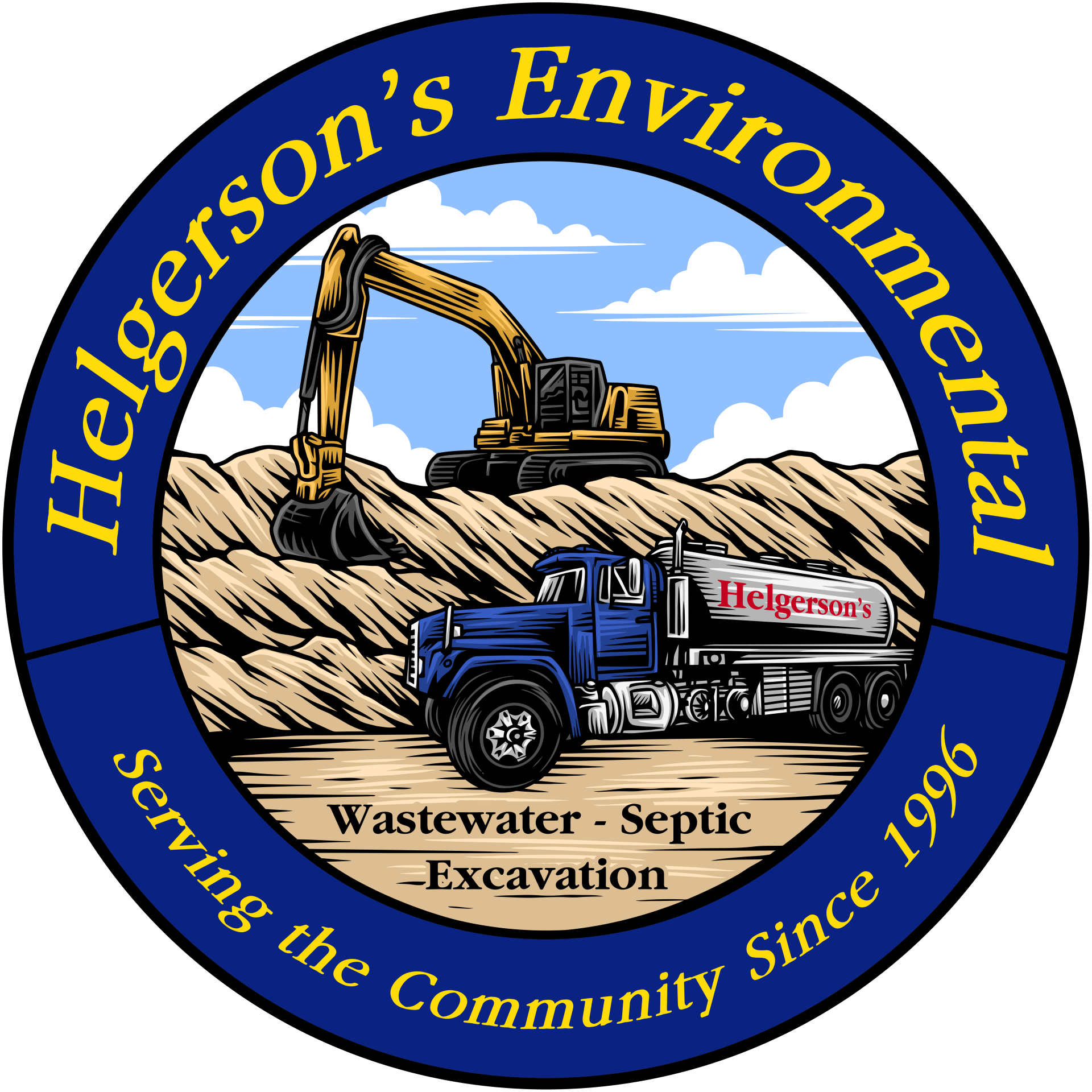
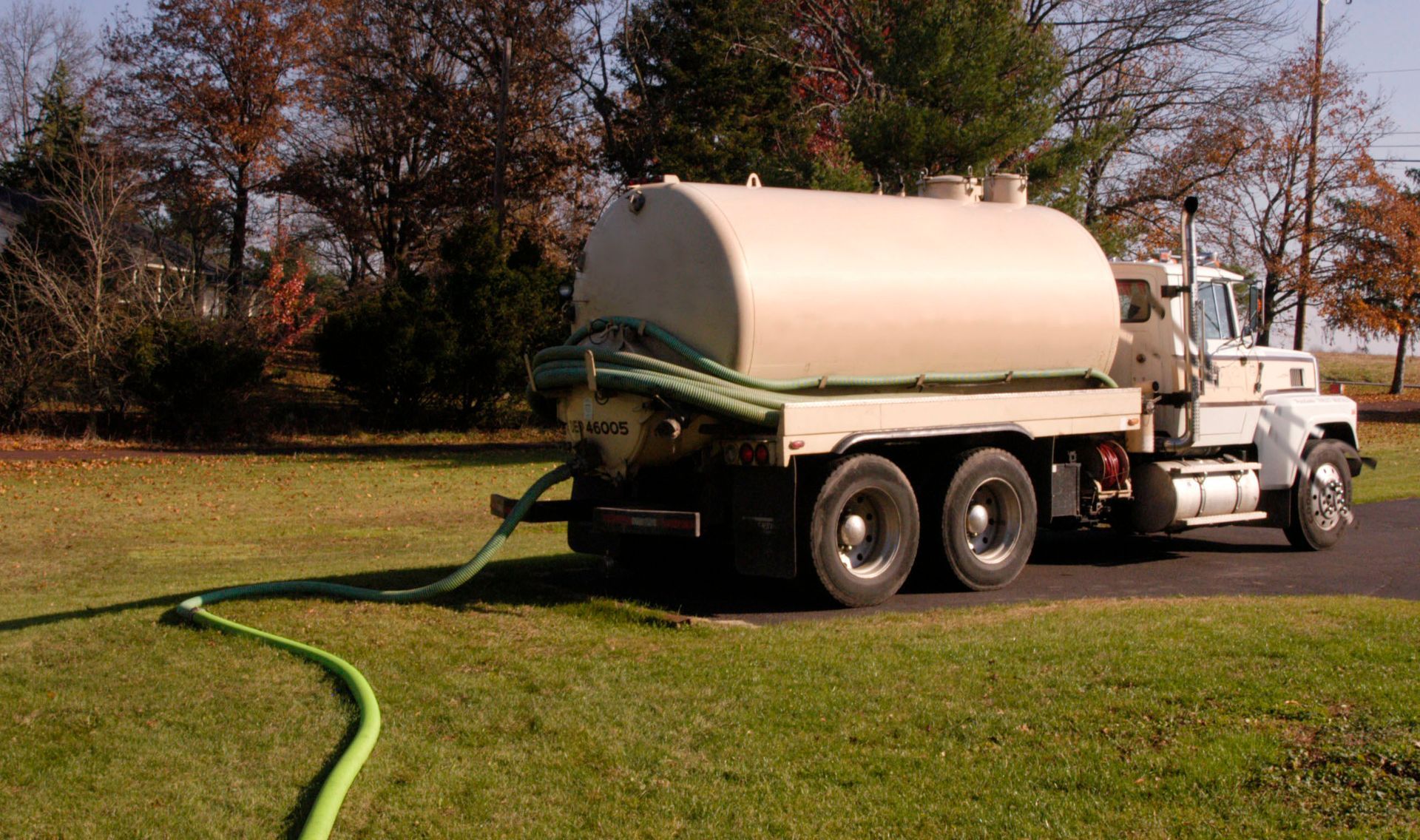
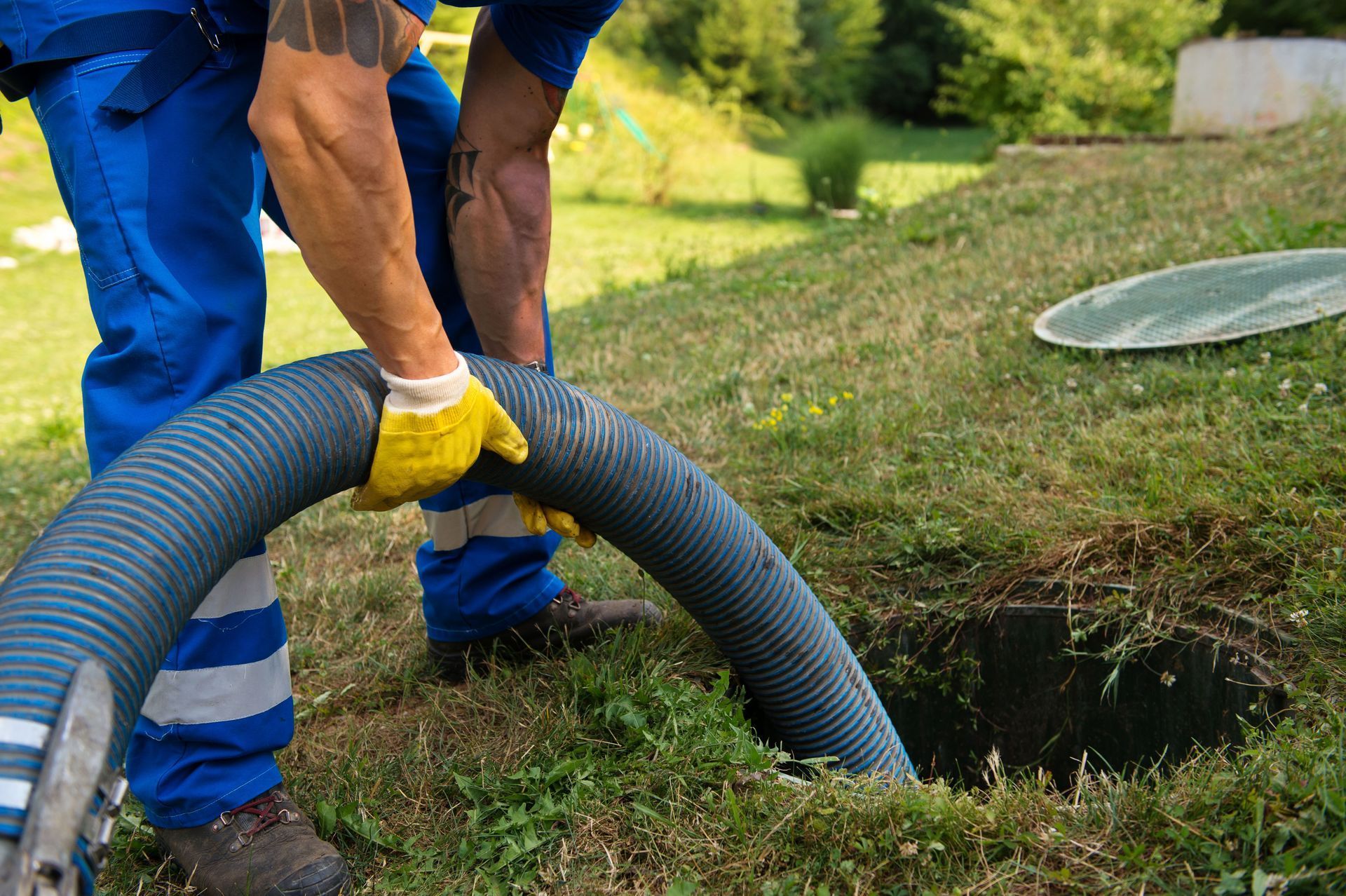
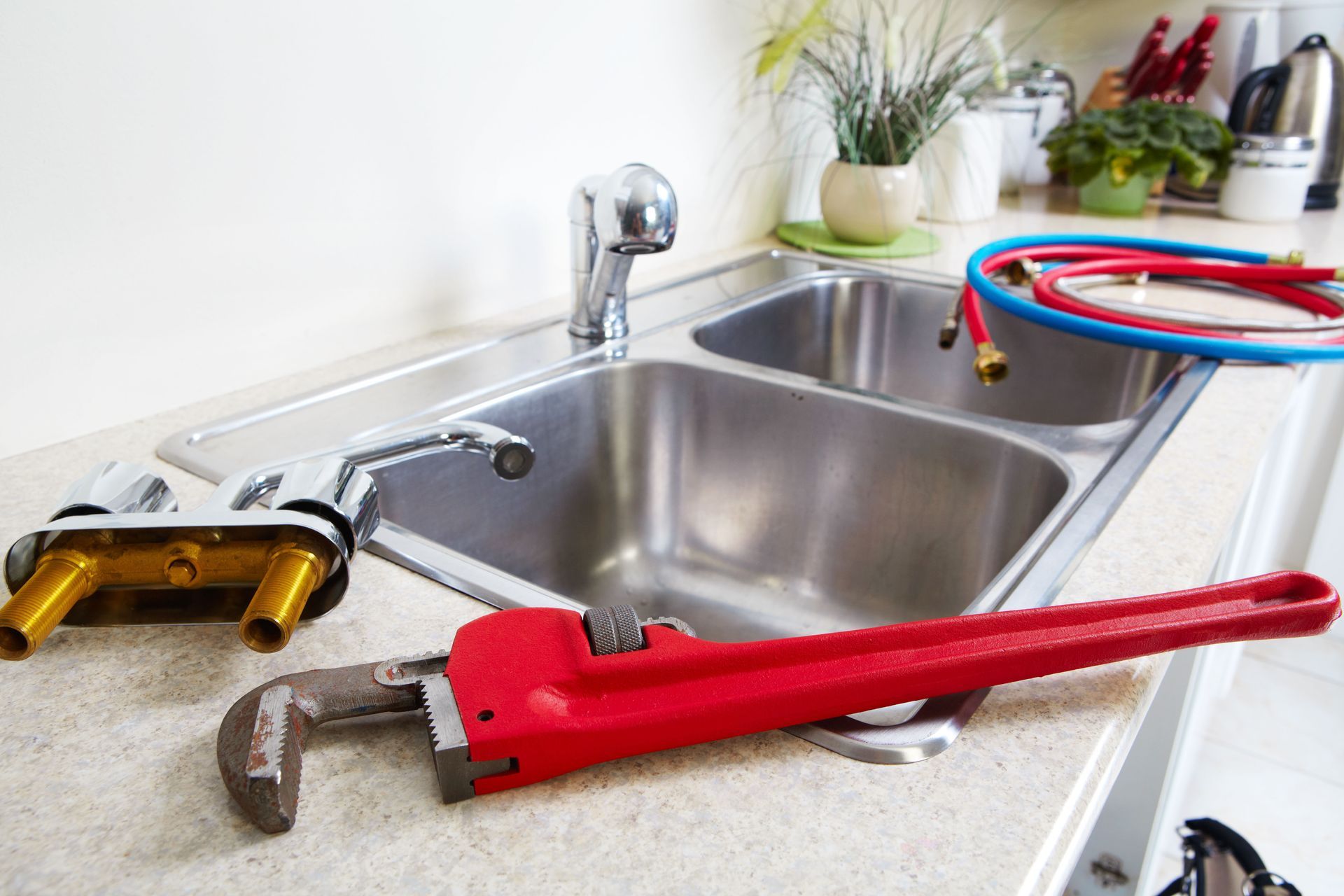
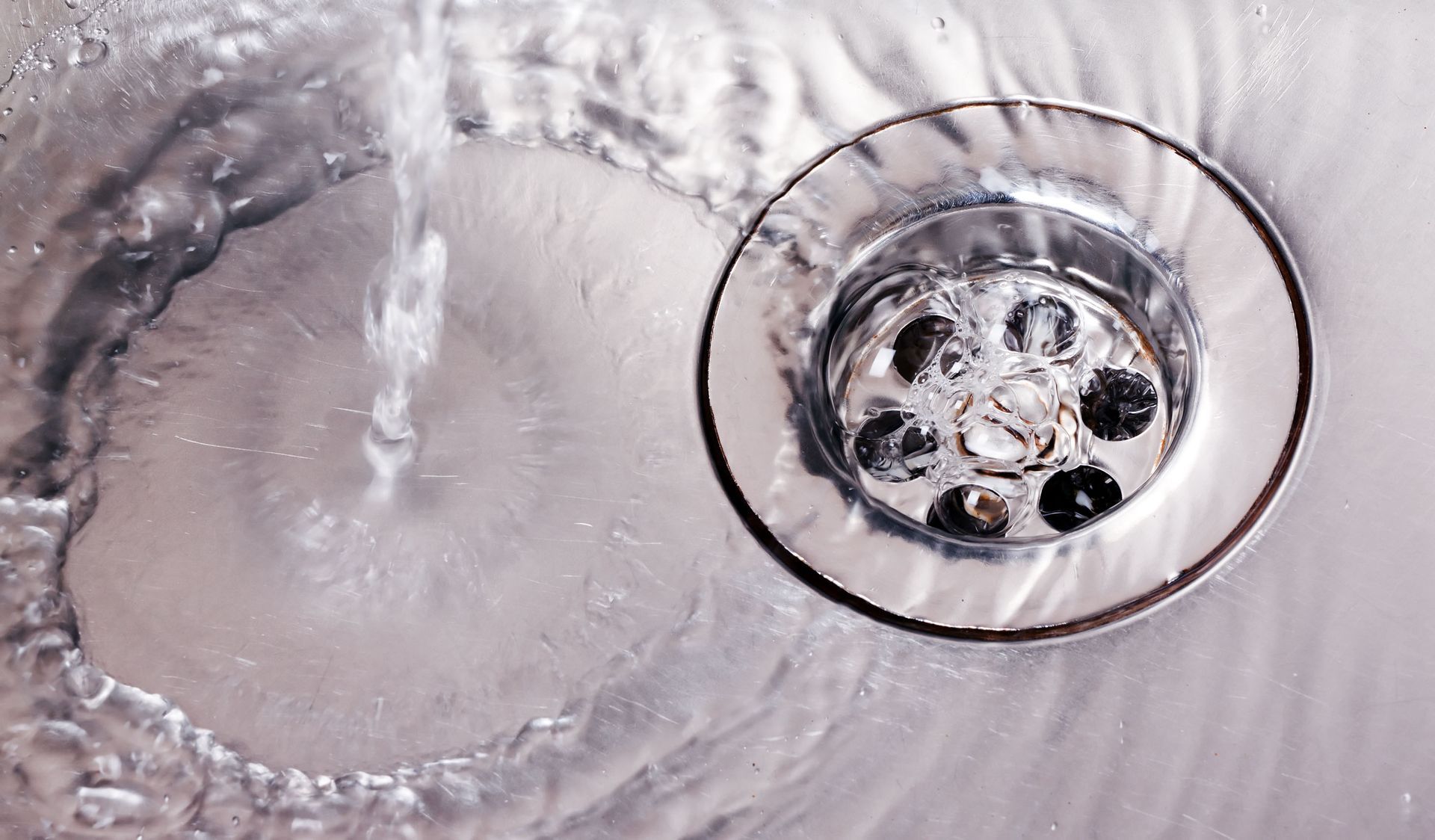
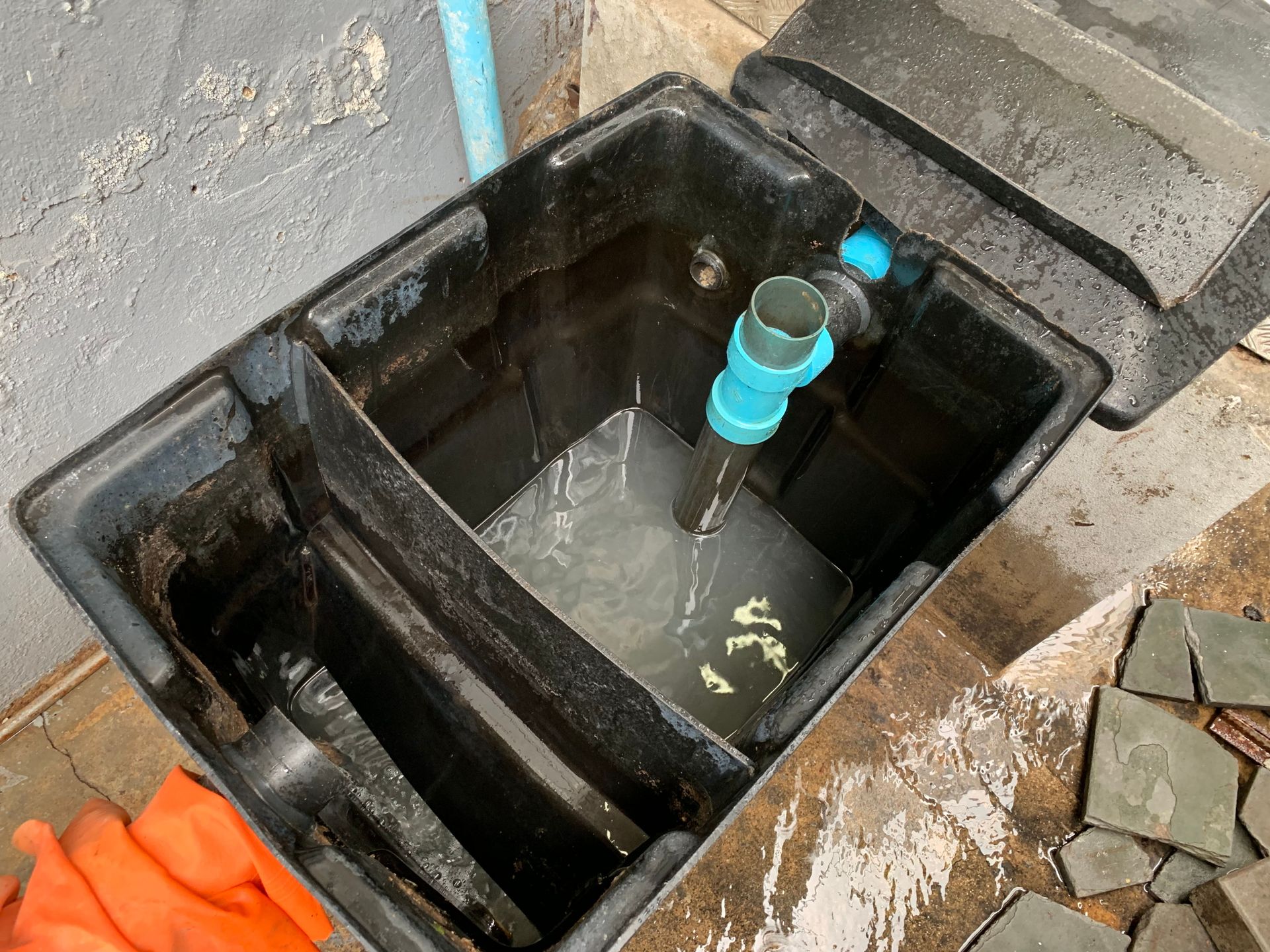
Share On: